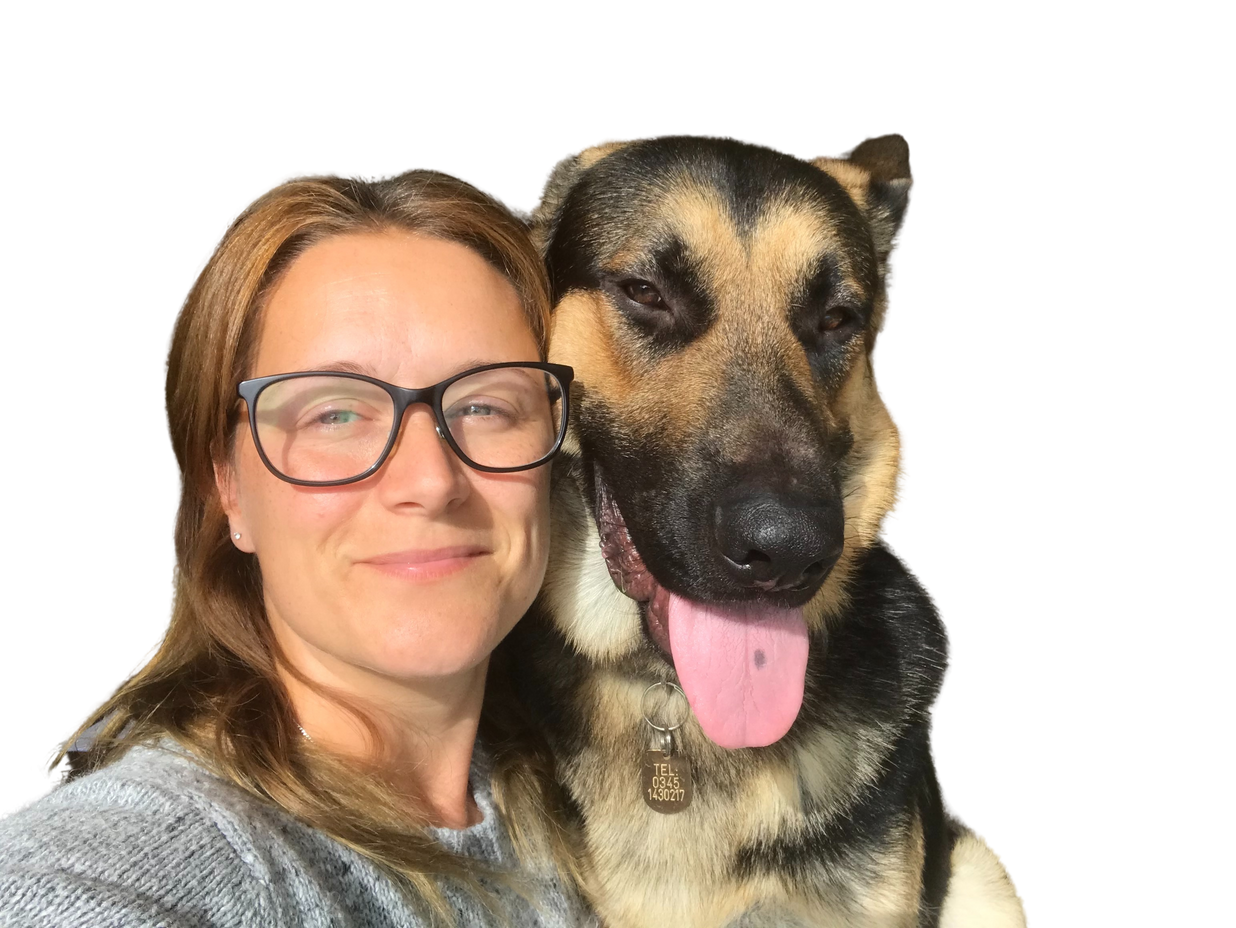Victoria Rash
with Gene & Reef
Delivering therapeutic support and interventions across schools in Warwickshire, Worcestershire and Gloucestershire
Dog Assisted Creative Psychotherapy
victoriarash@outlook.com
07887 878 737



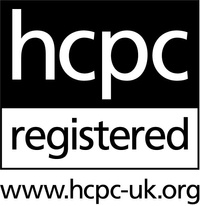
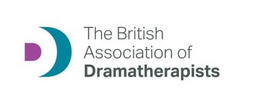
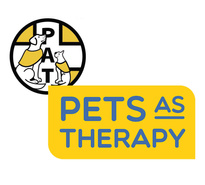

We care about you
Together we deliver Dog Assisted Creative Therapy to children between the ages of 4 - 18, to address the need for therapeutic intervention in schools at an affordable price. With a growing level of SEMH and SEND students within mainstream schools, we work with a variety of needs and conditions to assist in improving self esteem, confidence, awareness, behaviour, attendance and overall school morale. We combine dog therapy with creative modalities so that every student is able to access the service, no matter what their preferred method of communication is.
Victoria RASH
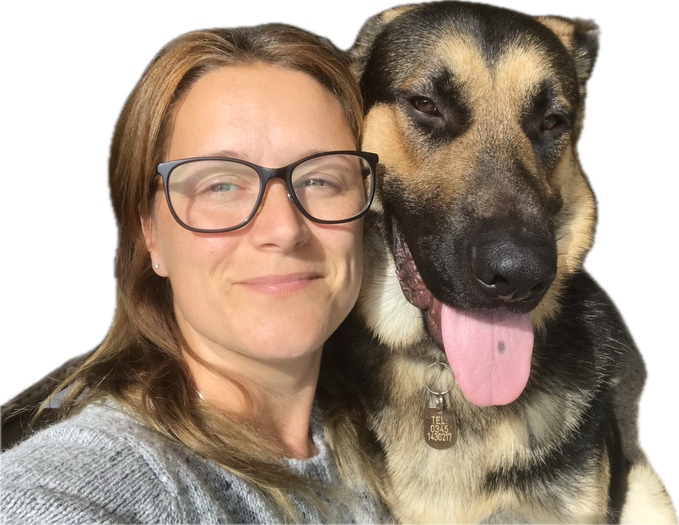
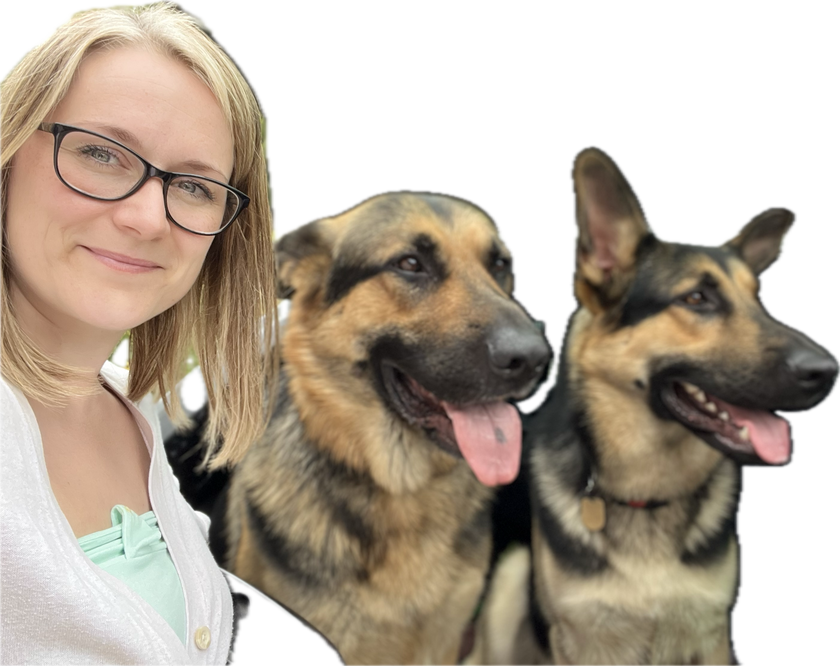
I have been a Therapist for over 16 years since graduating in 2008 as a Drama and Movement Therapist from the Central School of Speech and Drama, London. Since then I have expanded my therapeutic repertoire to include Animal Assisted Therapy, Play Therapy, Sand Tray Therapy, Gestalt Therapy, Jungian Psychology, Psychotherapy and Counselling. This has allowed me to meet the needs of a variety of clients whilst focusing my skills on young people within the education system. Alongside this I have become a Mum to 3 children; 2 of whom have Autism. I started volunteering at The Guide Dog Association in 2017 where I looked after their breeding Studs, luckily they can also work as Therapy Dogs, allowing me to elevate my career with this very special USP!
GENE & REEF
Gene came to me as a 1 year old, training Guide Dog. Age 2 he was accepted to the Breeding Stock division, due to his exceptional nature, temperament and health. Together, we continued Gene's training, achieving both Bronze and Silver Obedience awards. At 4 years old Gene was retired from his working career and offered to me as a full-time pet. I registered him as a PAT dog and took on his son, Reef when he was 1, also as a breeding Guide Dog. Together they help me to provide therapeutic support for young people: Gene is calm and soulful whilst Reef is loving and energetic!
What Makes Our
service Special
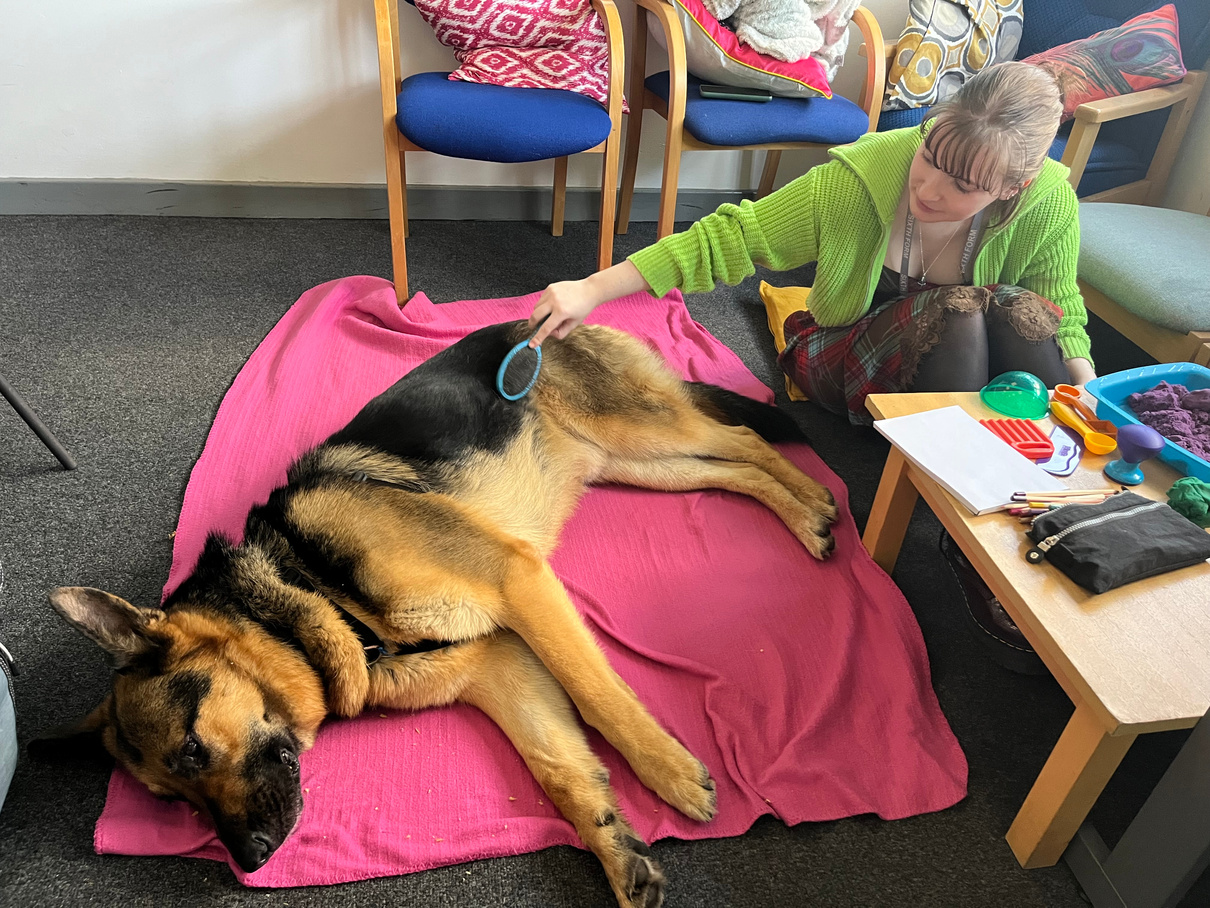
Dog therapy
COUNSELING
Creative therapy
Every young person is different
and therefore it’s important to offer different modalities to be able to understand and work through their difficulties
I have spent over 16 years training and upskilling to be able to meet every young person’s needs and, following assessment, will choose the best course of therapy for them
doesn't delve into past experiences
laban movement
humanistic
role play
holistic
person-centered
drama and movement therapy
stories & myths
gestalt
therapy
focused on a person's present life
embodied play
Therapeutic Modalities
helps clients feel relaxed
talking therapy
psychotherapy & counselling
analysis
increases ocytocin levels
dog
therapy
symbolism
reduces stress & anxiety
reduces blood pressure
exploring past trauma
projected play
sand play
play
therapy
art materials
modelling clay
what does that mean for our clients
Dog Therapy, or Interacting with a dog may help lower blood pressure, increase the mood-boosting Oxytocin and decrease the stress hormone cortisol.
Many therapists believe a pet or dog in the therapist's office appears to enhance the patient's ability to cope and possibly heighten the individual's sense of safety.
Clients were comforted by the dog, there was a perception of the dog as being accepting and non-judgemental, clients developed a special relationship to the dog, the dog provided a connection to the therapist. (Research by Dr Theresa DePorter, Psychology Today, 25.01.2015)
Sand Play Therapy is a nonverbal, therapeutic intervention that makes use of a sandbox and toy figures to create a scene of miniature worlds that reflect a person's inner thoughts, struggles and concerns.
This is a form of play therapy; other methods include imaginary play with toys and puppets or myths and fables, that uses literature to help a client interpret stories and how they may relate to the client's own difficulties.
Sand play is practiced along with talking therapy, using the sandbox and figures as communication tools. (Psychology Today)
Gestalt Therapy is an approach to psychotherapy that helps clients focus on the present to understand what is actually happening in their lives, at this moment.
Instead of simply talking, clients are often encouraged to engage in intellectual and physical experiences that can include role-playing, re-enactment or artistic exercises like drawing and painting.
In this way clients can learn to become more aware of their thoughts and actions, of how negative thought patterns and behaviours may be blocking their self-awareness and making them unhappy, and how they can change. (Psychology Today)
what does that mean for your school
Dog Assisted Creative Therapy sessions, when taking place within a suitable area of the school, can be used to - not only - support the individual students and wider family but also the school itself, by helping to reduce suspensions and permanent exclusions. Where appropriate; In Therapeutic Partnership can be used to form a part of an Alternative Curriculum Pathway. When many school refusers engage with therapeutic intervention, it acts a catalyst for school attendance, enabling both morning and afternoon sessions to be accounted for. Similarly, the sessions can be used as part of a Section 19 Students Appropriate Pathway.
Future in Mind, the Government report of the Children and Young People’s Mental Health and Wellbeing Taskforce, recognises the crucial role that schools can play; working alongside health and community and voluntary services, in helping to support good mental health and in preventing and identifying mental health issues in children and young people. Most schools attach considerable importance to ensuring pupils’ wellbeing, developing character and resilience and supporting pupils with problems. They increasingly play a valuable role in early intervention and support for mental health issues, in particular through growing use of school based counsellors.
Our therapeutic intervention and support service fits within a 'whole school' approach to mental health and wellbeing; covering issues such as improving wellbeing and resilience, raising awareness of mental health issues through the consistent presence of therapeutic support within school and reducing the stigma around mental health. It is not only the students who can benefit from our presence and service but also the staff. My dogs are experienced school dogs and are insured to be kept within school offices and designated areas so that the staff wellbeing can be nurtured through therapeutic interactions.
We are committed
to growth and development
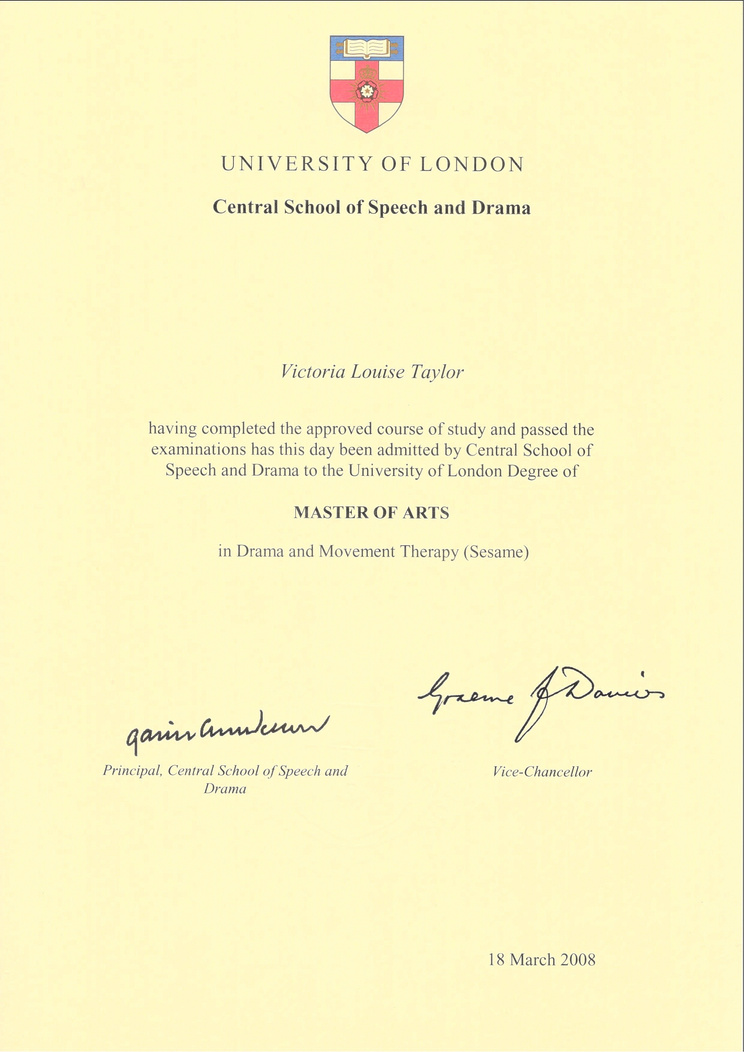
Since becoming a Drama and Movement Therapist in 2008 I have found that; to offer a therapeutic space in schools I had to develop and adapt the modalities available to be easily accessible by all. Some clients didn't want to talk, some only wanted to talk, most could channel emotion through creative materials but there are some who connect strongly to animals. All of the therapeutic modalities are available to all clients and every session is client led.

